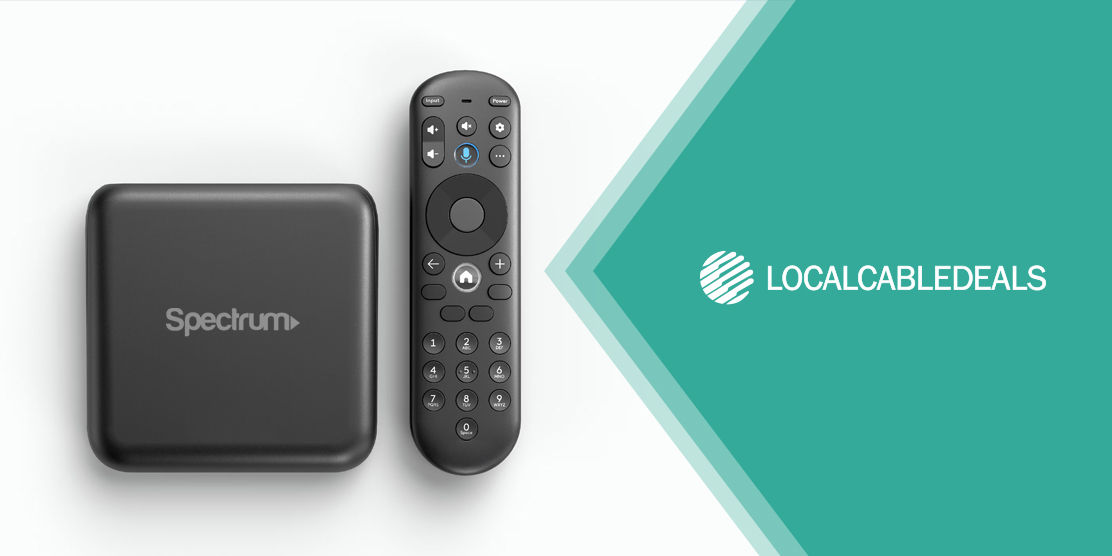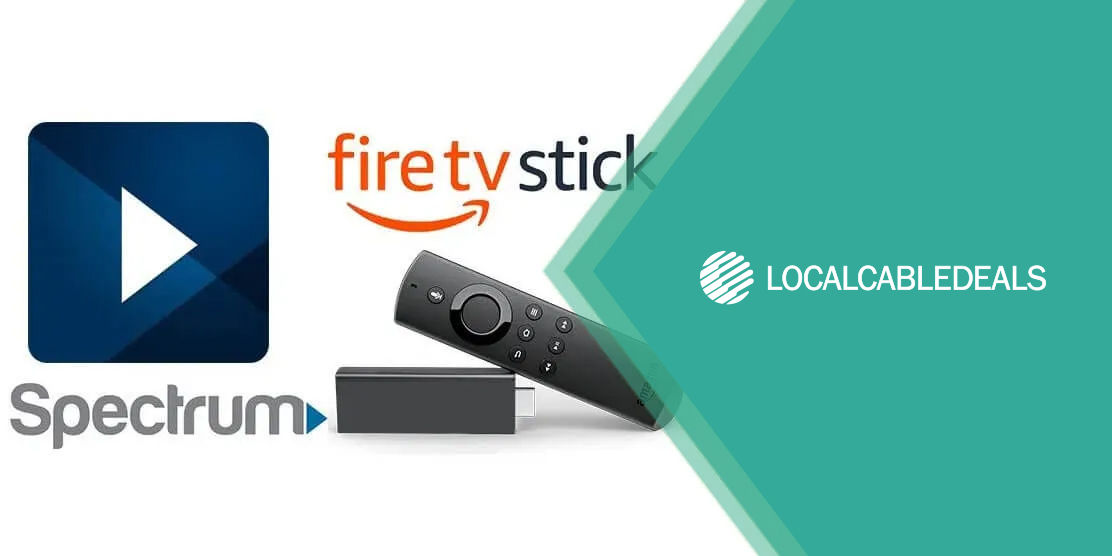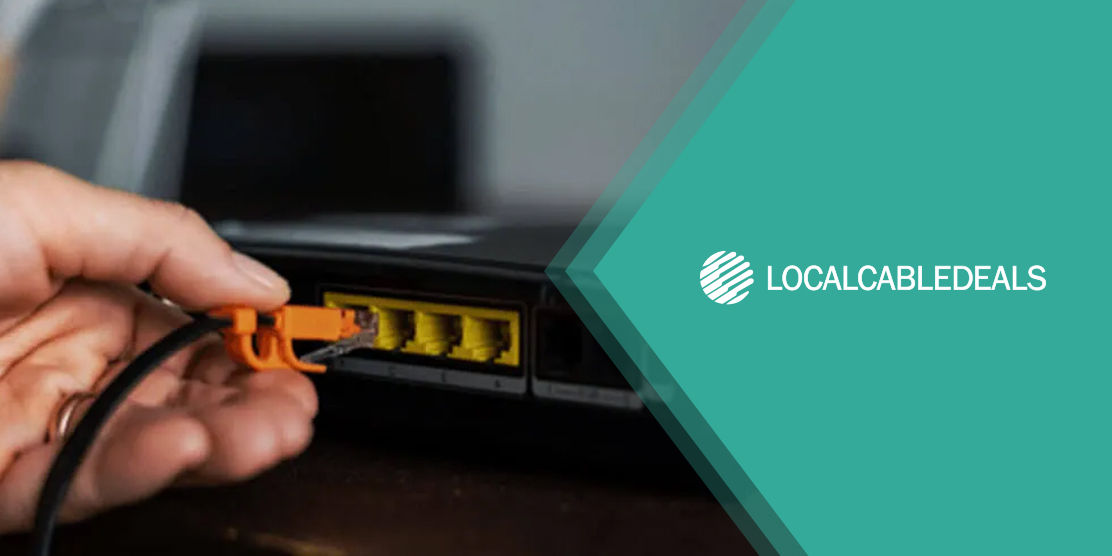I'll let you in on a secret - your Internet Service Provider (ISP) knows everything you do online. ISPs collect and sell user data - and yes, it's completely legal.
If you're wondering why it's okay for ISPs to access personal information without your consent, the short answer is "National Security reasons".
Your ISP is not particularly interested in what you do on the internet unless you're involved in some shady business. Sadly, that's not reassuring.
Moreover, what about the third parties your data is sold to? Now the question is - what can you do about this?
What Do ISPs Know?
Before we dive into how to protect our privacy from ISPs, it's important to understand the scope of what's happening. To what extent are ISPs tracking our online shenanigans?
Your ISP is the bridge between the Internet and your connected device, so everything you do online passes through it first.
Things Your ISP Knows:
- Details of every device you use to access the internet
- Websites you visit and whatever you do on there
- Activity on Social Media apps
- Your online gaming routine
- Everything you stream on Netflix, YouTube, Hulu, etc.
- Browsing and searching patterns
- Passwords over unsecured online platforms (such as non-HTTPS websites)
- Data recorded by devices on the network (including smart home gadgets and assistants like Alexa/Siri)
7 Ways to Protect Your Privacy from ISPs
Even though we cannot forbid ISPs from collecting and sharing our data, we can apply safety measures to minimize invasion of privacy:
1. Stick to HTTPS
Websites with “https://” in their URL are more secure compared to websites with “http://” only. HTTPS makes use of Transport Layer Security (TLS)/Secure Sockets Layer (SSL) to encrypt data exchanged between two servers.

Non-encrypted data is plain text, which is easy to interpret. Encrypted data is like coded text, which makes no sense to an intruder.
2. Get a Premium VPN
A virtual private network (VPN) helps you hide your online activity and browsing history from your ISP and hackers/snoopers nearby. However, you cannot trust free VPN extensions because they, too, are after your data.

A paid VPN tool will equip you with an encrypted data tunnel that redirects your internet traffic to its private server. Your ISP will see that you’re connected to a VPN, but any information beyond that is concealed.
3. Say No to Cookies and Tracking
Many websites and third-party networks distribute cookies and cookie-like trackers to gather data and build user profiles without their knowledge. You can install browser extensions to block ads and cookies effectively.
Some ISPs allow users to opt out of accepting these trackers, even though it's not required of them. Check your account settings to know if your ISP provides this option - if yes, consider it a green flag!
4. Adjust your DNS
The Domain Name System (DNS) can be defined as the "Phonebook of the Internet" - it converts readable website names to machine-friendly language. Our devices use the ISP's DNS by default, which means our ISP is aware of our browser activity.

When we connect to a VPN, our device uses the VPN's DNS instead. We can also configure our PC/ computer to utilize a trusted third-party DNS server, so the ISP never gets a sneak peek.
5. Exercise Caution While Sharing Info
Whenever you're participating in forums, playing online games, or leaving a comment on a random web page, refrain from sharing personal info. Maintain anonymity where possible or use an alias instead. The less data you share, the more privacy you retain.

BONUS TIP:
Use a different password for every online platform. In case one website compromises your privacy, your user accounts in other places stay safe.
6. Use an Encrypted Browser
Encrypted browsers reroute your data to secure servers, which makes it difficult for ISPs, websites, and advertisers to track your online activity. Additionally, they let you open blocked content and sidestep geographical restrictions.
Some of the most secure internet browsers include:
- Firefox
- Epic
- Tor Browser
- Brave
- Waterfox
7. Sign up with a Reliable ISP
Most importantly, sign up with an ISP that respects customer privacy and prioritizes their well-being. You pay for your internet service, so it's not like your ISP needs to sell your data for compensation. If you're looking for reliable internet providers in your area, I got you covered!
Top 3 Internet Providers that Protect Your Privacy
AT&T
“Best Online Security Package”
Smart Home Manager App
- Apply Parental Controls
- Scan for Vulnerabilities
- Monitor Security Status
AT&T ActiveArmor System
- Threat Activity Dashboard
- Dedicated VPN
- Advanced Content Controls
Xfinity
“Powerful Security Features”
xFi Advanced Security System
- Network Access Controls
- Threat Notifications
- Real-Time Device Monitoring
Spectrum
“Decent Security Tools”
Security Suite
- Basic Malware Scanning and Removal
- Website Monitoring
- Easy-to-use Firewall
- Parental Controls
FAQs
Can ISPs see online activity in Incognito Mode?
Yes, they can. The purpose of Incognito browsing is to hide your online activity from other people who use the same computer or device. Everything you browse in the supposedly private mode still goes through your ISP.
Does clearing browser history prevent ISPs from accessing data?
Unfortunately, no. Clearing browsing history from your end does not delete the data at your ISP’s end. Your internet usage history might remain in the ISP’s database for several months.
Can ISPs see my Google search history?
Google uses HTTPS to encrypt your searches, so ISPs cannot see exact search queries. However, they can see the domain names of websites you visit from the search results.



